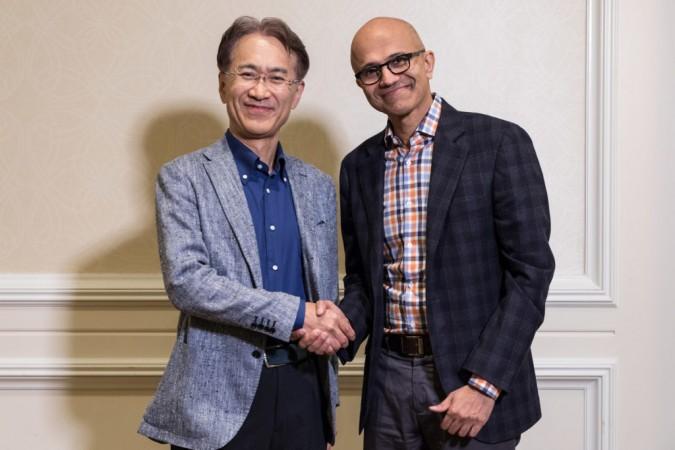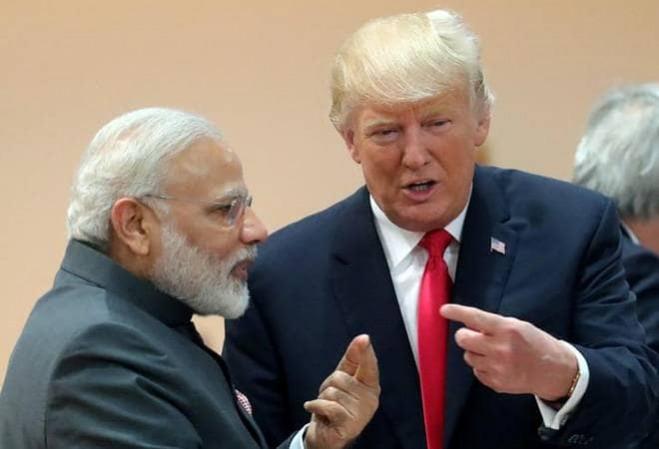
India's apparent decision to ignore a US threat to impose trade sanctions over proposed import duties on "electronic transmissions" like software downloads and movie and music streaming is threatening to roil bilateral relations. The speed bumps on closer trade ties have come at a time when the two nations are set to expand trade ties and are set to ink a historic strategic treaty, media reports say.
Huge loss
The move could force people to pay duties on software and movie downloads, trade officials say. India is not alone in the decision to tax international 'electronic transmissions'. South Africa has also ignored the US threat and may raise tariff barriers on international electronic transactions.
Their decisions have come at a time when most World Trade Organization (WTO) members have extended a ban on import duties on electronic transmissions, worth up to $255 billion a year by one estimate, a Reuters report says.
South Africa's WTO Ambassador Xolelwa Mlumbi-Peter said in an emailed response to a Reuters query that it was "still consulting on this important decision".
The developing countries where most downloads are destined to have long been worried about the huge loss of customs revenue to the download originating nations, which are mostly from the developed world, reports say. Companies like Microsoft, makers of the Windows operating system, hugely benefit from the current dispensation. The government of Prime Minister Narendra Modi has been exploring new avenues of revenue generation to support a surge in populist spending amid a liquidity crunch and economic slowdown. With more books, movies and music going digital, there has been increasing pressure on WTO to ease the ban. The US, which was the original proponent of the ban and is pushing for its extension, is thought to be one of its biggest beneficiaries. The administration of US President Donald Trump has taken a tough stand on regulating Internet trade. Washington has been critical of regulatory pressures on e-commerce giants like Walmart, which owns Flipkart, and Amazon.

India and South Africa together circulated an internal WTO document last week that argued the rising digitalization compelled "a rethink of the role of the temporary moratorium", the report said. The document cites the vast potential of 3D printing in manufacturing. WTO is set to decide on the extension of the ban next week and will require the full consensus of all member nations to carry it.
South Africa's WTO Ambassador Xolelwa Mlumbi-Peter said in an emailed response to a Reuters query that it was "still consulting on this important decision". Indian officials have declined to respond.
Support for moratorium
"At the moment there are a number of countries that feel confident they can stand aside from the global consensus," the report quotes International Chamber of Commerce's (ICC) Secretary General John Denton as saying. "It could break the Internet."
The proposal seeking to extend the ban for at least six months when it expires by the year-end has the backing of at least 21 countries including China and Canada. According to deal-broker Switzerland, "a large part of the WTO has signalled its support for the Moratorium".
One of the biggest hurdles that countries like India and South Africa intending to impose tariffs on "electronic transmissions" will be in determining where a digital product originated from and whether it is an import, experts say. "How do you put a tariff on a byte? How would you capture millions of data flows from multiple sources flowing across countries' borders every minute of every day," the report quotes Denton as saying.













